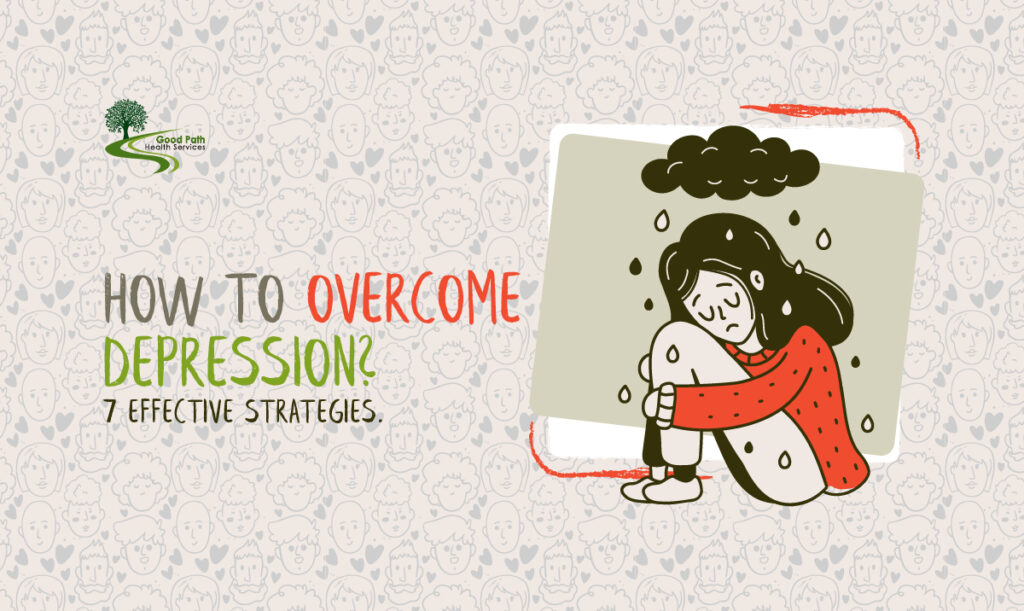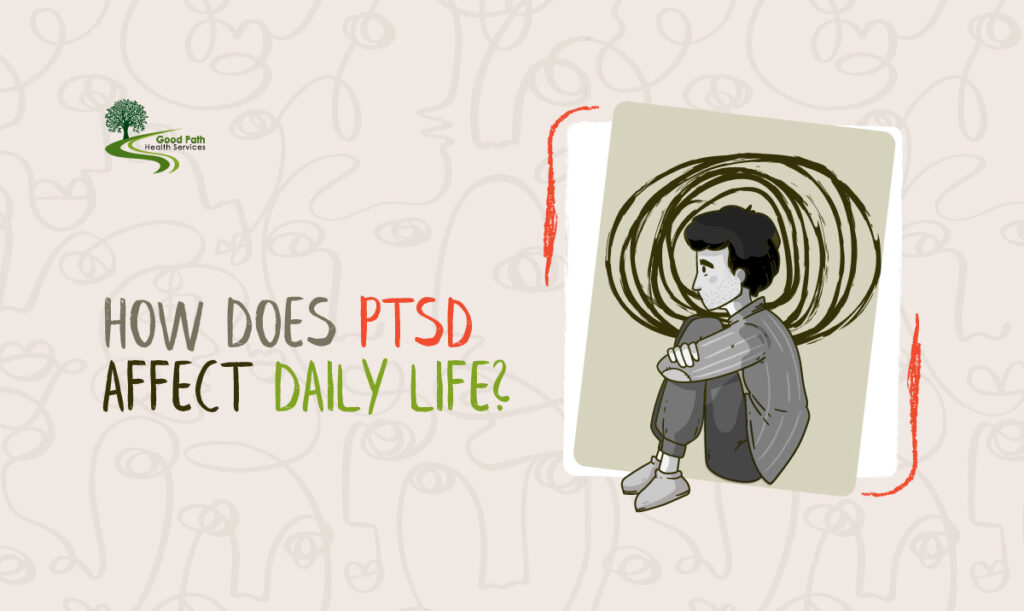
Life often throws curveballs, and we might feel worried at times. Yet, when stress starts affecting your daily routines and peace — it may be more than just regular tension.
Generalized Anxiety Disorder (GAD) is a condition that’s defined by ongoing and excessive anxiety about different aspects of daily life.
This post discusses GAD’s symptoms and remedies, and gives aid and comfort to the ones grappling with it.
What Exactly is Generalized Anxiety Disorder?
Generalized Anxiety Disorder goes beyond the normal worry we all experience.
The American Psychiatric Association describes it as intense, persistent worry and anxiety.
This feeling must dominate most days for a minimum of six months, relating to several activities or events.
People with GAD struggle to manage their concerns, frequently foreseeing doom and being excessively troubled over everyday issues such as health, money, job or school performance — even when all is fine.
Who is Affected?
Speaking of impact, GAD influences millions of grown-ups worldwide, and the severity varies.
Almost 6% of grown-ups in the U.S. are estimated by the National Institute of Mental Health (NIMH) to be affected by General Anxiety Disorder (GAD).
GAD makes daily life tougher due to constant disruptions to our routine activities. It becomes a struggle to focus, complete tasks, or find joy in our free time.
The Symptoms of GAD
GAD’s symptoms are typically physical or psychological.
Physical Symptoms Include:
- Restlessness or feeling wound-up or on edge
- Being easily fatigued
- Difficulty concentrating or mind going blank
- Irritability
- Muscle tension
- Sleep disturbance (difficulty falling or staying asleep, or restless, unsatisfying sleep)
Psychological Symptoms Include:
- Persistent worrying or obsession about small or large concerns that’s out of proportion to the impact of the events
- Overthinking plans and solutions to all possible worst-case outcomes
- Perceiving situations and events as threatening, even when they aren’t
- Indecisiveness and fear of making the wrong decision
- Inability to set aside or let go of a worry
- Inability to relax, feeling restless, and being easily startled
Related Reads:
- How Many Types of Anxiety Disorders Are There?
- Does Anxiety Cause High Blood Pressure?
- How to Tell if Shortness of Breath Is From Anxiety?
Treatment Options for GAD
Treatment for GAD aims to help manage symptoms, allowing people to participate fully in their everyday activities.
The most effective treatment plan is often a combination of therapy, medication, and lifestyle changes.
1. Cognitive Behavioral Therapy (CBT)
Cognitive Behavioral Therapy (CBT) is a top-choice for treating GAD. It works by spotting and changing thoughts and actions that build anxiety, and trading them for more practical or positive ones.
2. Medication
Antidepressants and anti-anxiety drugs can help control GAD symptoms. However, these medicines work best with therapy to tackle the anxiety’s source and root cause.
3. Healthy Habits
Incorporating healthy habits can also play a big role in managing GAD:
- Regular exercise lessens stress and lifts mood
- Eat a good mix of foods to feed your body and mind
- Stay away from caffeine and alcohol, as they can make anxiety worse
- Try relaxation practices like deep breathing, meditation, or yoga
Coping and Recovery
If you’re dealing with Generalized Anxiety Disorder, remember, you’re not alone. Help is out there, and recovery is possible.
It’s essential to seek professional assistance. Therapists, psychologists, and psychiatrists can guide and support you.
Looking for Help?
If you or a loved one might be having GAD symptoms, reach out. Our team at Good Path Health Services is ready to offer the aid and comfort you need to handle your anxiety.
Get started by scheduling your first appointment with us now.
Become Informed About GAD: Further Reading and Resources
We recommended checking out these helpful resources below:
Getting to know GAD, identifying its signs, and looking into ways to treat it can guide us towards better control and healing.
Taking the lead to ask for help shows courage. With the right support, a fulfilling life is achievable, even when dealing with Generalized Anxiety Disorder.
FAQs
What causes GAD?
The true root of GAD isn’t completely known, but it’s a mix of genes, environment, mind, and growth factors.
Tough situations, family history of anxiety or other mind health issues, and certain personality types can make the chance of getting GAD higher.
Can Generalized Anxiety Disorder be healed?
GAD doesn’t have a cure, but you can manage it well with therapy, medicine, and changing your lifestyle.
Many people with GAD can live normal, happy lives if they get the right treatment and support.
How does GAD stand apart from normal worry?
GAD comes with extreme, ongoing worry and anxiety about regular things. This worry is way more than the real risk or effect of the feared events.
This worry is hard to stop, hangs around for a long time (at least six months), and often gets in the way of day-to-day life, unlike normal worry which is brief and tied to a certain situation.
Can children get Generalized Anxiety Disorder?
Indeed, they can experience GAD. They might fret too much about their abilities or how well they’re doing, causing notable worry and issues in their schoolwork and social life.



